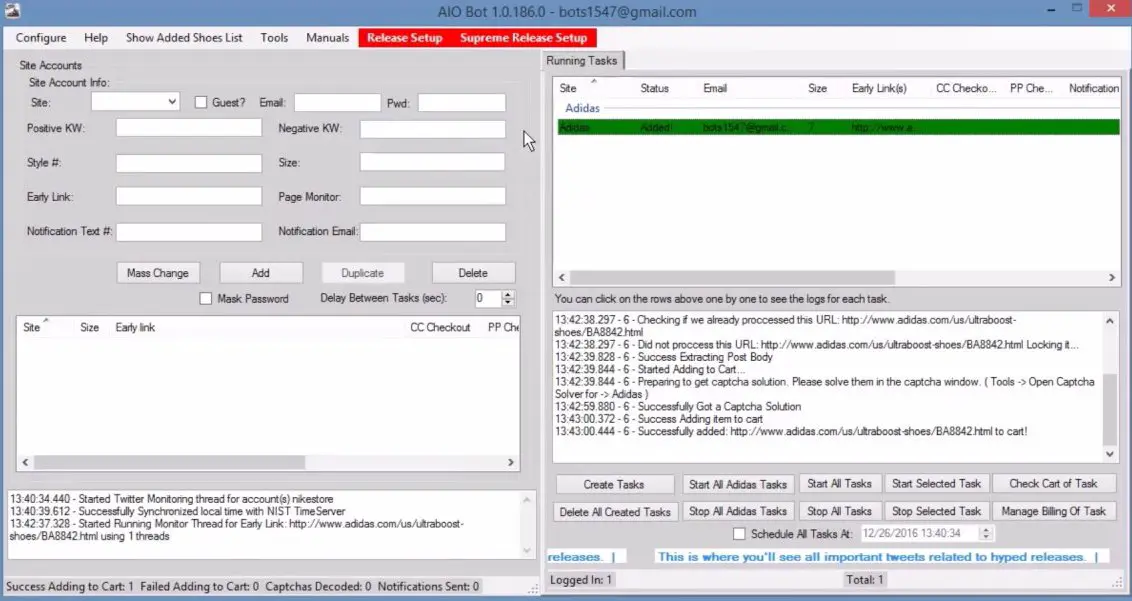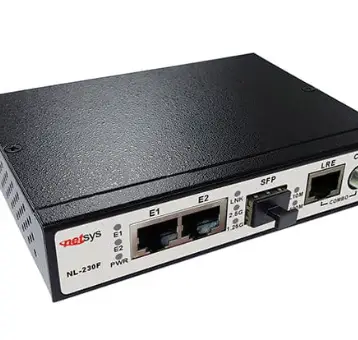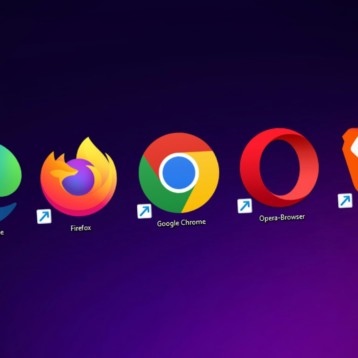A proxy server is an essential part of how we use the Internet and a very useful tool for accessing unauthorized content. It is an intermediary between the user and the website that facilitates web surfing. By hiding our identity, it helps us to bypass blocked sites and provides access to social media.
Some people use free public proxies; however, they are not reliable and are mainly used for spamming.
But, what about private proxies?
Although it costs money, a private proxy provides better protection against malware and hackers. It can help us with geo-unblocking by making certain content available to the regions where it is prohibited. Moreover, it’s one of the easiest alternatives for limitless online surfing.
What else makes a private proxy so popular among users?
A private proxy has a dedicated IP, and it completely hides our real IP address and our geo-location. Its main feature is that it replaces our IP address with the proxy server’s IP address. As a result, Internet servers can hardly realize we’re using proxies.
Connecting with more people helps improve our online presence, so it is vital not to get banned from Google, Twitter, YouTube, etc. Luckily, with private proxies, we can bypass IP restrictions and register more accounts on social media networks.
A private proxy is also a powerful tool that doesn’t allow two or more users to connect through it at the same time. Thus, people opt for it for various reasons, such as:
- website scraping
- keyword ranking
- data gathering
- black-hat SEO
- white-hat SEO, and similar.
Also, proxy companies offer various packages for special uses. There are Twitter proxies, gaming and Pokemon Go proxies, ticketing proxies, and many more. For most people, however, safety and speed are the high points of any private proxy.
Generally, a private proxy is a commodity for users who often have high expectations. Still, no matter how great it seems, there are some misconceptions in regard to what users expect and the way it really works.
Expectation 1: High-level anonymity
There are many people who prefer remaining unknown on the web. Any situation in which we send our private data makes us easy targets, i.e., there are always people who are waiting to steal our credit card number.

Depending on users’ needs or company policy, proxy servers provide various degrees of security and privacy. The highest level of anonymity is offered by Elite Private proxy, like those from SSLPrivateProxy. With Elite proxies or high anonymity proxies, it is very hard to detect the user’s IP. Those servers regularly change the IP address they present to the web server. Thus, it’s a bit tricky to find out who the owner of the traffic is. Also, private proxies with SSL connections are safe and allow us to have complete control over our data transfer.
Logically, we think that nobody can interfere with our connection. But is this really so? The fact is that there is no complete anonymity on the web. In any case, the owners of the proxy network can easily find out which site we have visited. So much for anonymity!
Another issue concerning web safety is cache memory. Everybody knows that cache is very useful. It enables us to have access to our data at any time we want. However, cache remembers all our passwords; that way, anyone could easily obtain our sensitive data. For this reason, it is a priority to choose the right proxy. Knowing that our data is at someone’s disposal can be a little frustrating.
Expectation 2: Exclusive safety
We know that practically everything on the web is tracked and followed. Google Analytics tracks our activities on most sites. It notifies website owners about who has visited their sites and feeds that information back to Google. Additionally, some servers can detect our proxy with the help of proxy detection scripts (above all, in case of social networks).
It’s common for users to hear stories about how a private proxy secures their data. With a private proxy, nobody will be able to track our browsing history unless we share it with others. Logically, our account names and passwords should be safe and sound.
However, the fact that our traffic is redirected via the proxy means that someone is still following it. The hosting provider and the data center have access to our proxy server 24/7. They can track us down by logging in to our server. What’s more, they might catch everything that is sent over their server and manage our activities.
Be that as it may, we shouldn’t worry since there is little chance that this will happen. A safe and efficient proxy server is, indeed, not a threat to our data. Reliable and expensive private proxies are a common choice of global companies and educational institutions. Still, to avoid hackers, make sure to always use a server with full encryption capability.
Expectation 3: Compatibility issues
For anyone seeking to enjoy surfing the web anonymously, it’s a good idea to double-check if a proxy is compatible with the HTTP, HTTPS, and SOCKS5 protocols. This gives us some flexibility to get the right proxy for our needs.
Besides that, the proxy needs to be compatible with our operating system (Windows, Mac, Linux, or iOS). For that purpose, we need to choose an HTTP proxy that can be integrated with all our programs. With private proxies on an HTTPS protocol, we should be able to access our bank accounts safely.
Nevertheless, a problem might arise if the proxy is not compatible with our local network. We ought to be aware that both of these are separate systems with their respective configurations. Thus, we should either configure them to match each other or obtain a proxy that fits our server. In any case, the aim is to find a perfect user-friendly proxy.
Expectation 4: A proxy that always works
Sometimes, we might set up a proxy and then realize it doesn’t work. This usually happens because our computer software is not compatible with it, or the firewall isn’t letting the proxy through.
In reality, even private proxies get blocked or banned. For instance, users often complain about getting alerts on bans from social networks. Also, people who make money by using bots to cop limited-edition products (most often shoes and sneakers) may have problems with private proxies. Because of “hunger marketing,” they send too many requests, and that makes them look suspicious.

Nevertheless, proxy providers usually don’t guarantee full protection against blocks or captcha.
To avoid these, we can use online proxy checkers that will tell us whether the proxy we have bought is working properly. Besides, a lot of proxy providers offer free trials, though many others refuse to do it due to serious proxy abuse.
Expectation 5: Regular IP refreshment
With traditional proxy services, we get a certain amount of proxies; for instance, 5, 15 or 25 unique proxies. These IPs usually don’t change at the end of the month. Some servers also allow access to all of their IPs, which can be up to 100,000 IP addresses per day.
The main benefit of using a private proxy is that we can change our IPs, especially when we’re transferring a huge amount of data. For example, in case of a rotating proxy, we get a new unique IP for every connection, every several minutes. Also, we might subscribe to get a refreshment or even buy a few IPs for the same activity.
In most cases, an IP address changes every month. However, we need to purchase it since it is treated as an additional service.
Expectation 6: Unlimited bandwidth
Generally, proxy servers are used to speed up our web browsing. On some occasions, high speed connections can be modified in peak hours.
There are private proxy providers that offer expensive packages with unlimited bandwidth. However, if we use them and constantly download, for example, YouTube clips, we will use a lot more traffic than the average user. In that case, the provider may charge us an extra fee.
Since bandwidth and speed attract the customers the most, be careful about all kinds of fake proxies available on the market. Value your time and money.
Expectation 7: A good business tool
In business, private proxies can complete various tasks. For instance, employers use them to track the employees online and block their access to social media.

International companies use private proxies to display content to clients at various locations. They are also good for developing online applications, ad classification, and verification. Additionally, they are perfect for activities that increase our income, such as sales intelligence, price comparison, etc.
Still, we should be careful when choosing proxies for an SEO type of business. The same rule goes for online marketing, web scraping or any other activities where we need to stay anonymous. In reality, we are giving away our identity online, so it is logical to search for a legitimate private proxy.
So, how can we deal with this gap between the expectations and the reality?
There are many private proxy providers, and there are special proxy packages they offer as well. Just keep in mind that you can choose between the ones for advertising, gaming, shopping, etc., and that for professional use, you should opt for secure and high-quality proxies.
In any case, what’s certain is that you ought to avoid free and unreliable proxies. Otherwise, you may end up with a stolen identity or an empty bank account.







![10 Top Game Sites Not Blocked By School [2024 Updated]](https://thefutureofthings.com/wp-content/uploads/2024/10/image-25-358x358.png)


